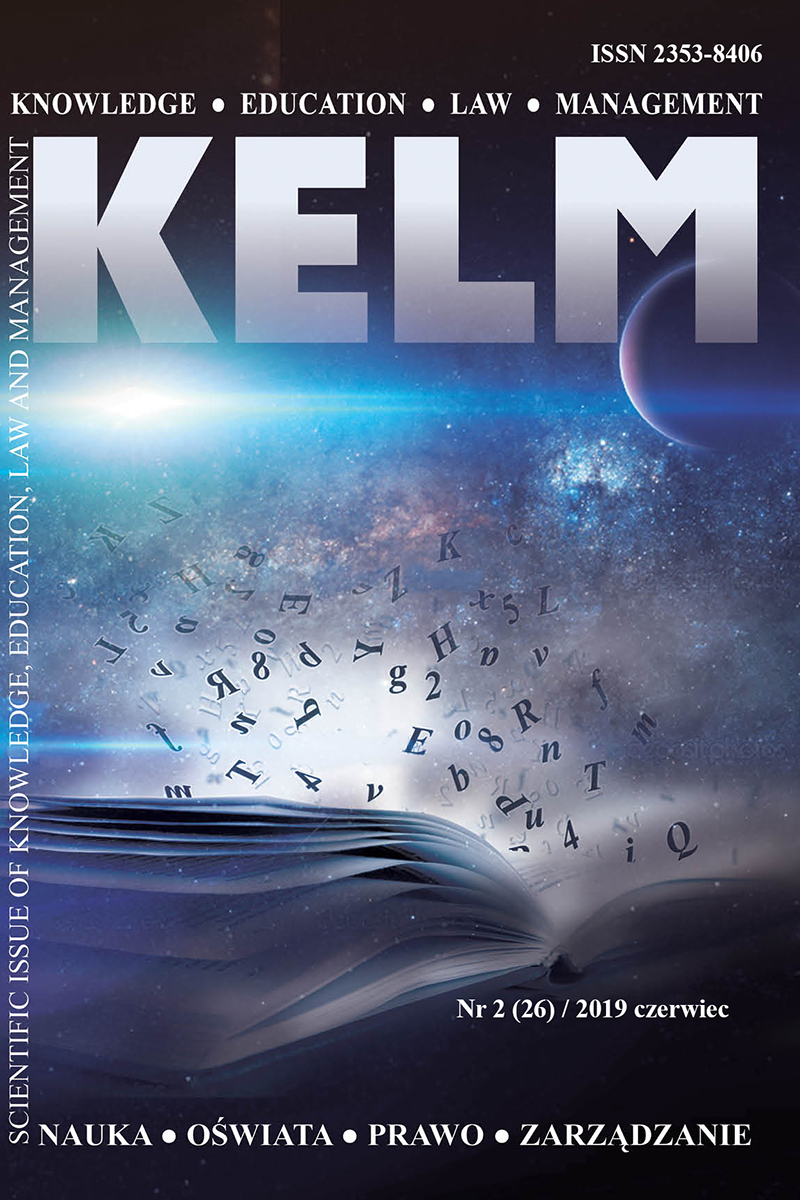Anotation. Information is an effective means of warfare. In the context of hybridization of military strategies, it must be recognized as one of the most powerful, and perhaps even the only profitable, means (there is no need to spend money to buy equipment and keep the military). A negative information impact, aimed at undermining the morale of the army and the patriotic sentiment of the population, can do much more damage to the state than a numerically and technically stronger enemy army.
The main illustrative material in the article is the hybrid war between Russia and Ukraine. The events of the Euromaidan, the Revolution of Dignity, the annexation of Crimea and the escalation of violence in the Donbas, which grew into a full-scale armed conflict, demonstrate that this hybrid war is not so much about the occupation of Ukrainian territories as the desire to undermine the governance structure in the state from within, to suppress the will of the Ukrainians to resist.
In order not to be exposed to such influence, to preserve Ukraine, and to ensure the continued existence and development of our country, a number of measures in the sphere of information policy must be implemented: 1) to ensure effective fight against corruption; 2) to crystallize the national idea (as a prospect for the country's development and national unification for moving forward); 3) to choose one's place in the world (to catch up with the countries of Central Europe in quality of life and to increase the scale of their influence on European politics); 4) to give the Ukrainian culture a contemporary form (to produce meaningful worlds while preserving its identity).
Keywords: Information is an effective means of warfare. In the context of hybridization of military strategies, it must be recognized as one of the most powerful, and perhaps even the only profitable, means (there is no need to spend money to buy equipment and keep the military). A negative information impact, aimed at undermining the morale of the army and the patriotic sentiment of the population, can do much more damage to the state than a numerically and technically stronger enemy army.
The main illustrative material in the article is the hybrid war between Russia and Ukraine. The events of the Euromaidan, the Revolution of Dignity, the annexation of Crimea and the escalation of violence in the Donbas, which grew into a full-scale armed conflict, demonstrate that this hybrid war is not so much about the occupation of Ukrainian territories as the desire to undermine the governance structure in the state from within, to suppress the will of the Ukrainians to resist.
In order not to be exposed to such influence, to preserve Ukraine, and to ensure the continued existence and development of our country, a number of measures in the sphere of information policy must be implemented: 1) to ensure effective fight against corruption; 2) to crystallize the national idea (as a prospect for the country's development and national unification for moving forward); 3) to choose one's place in the world (to catch up with the countries of Central Europe in quality of life and to increase the scale of their influence on European politics); 4) to give the Ukrainian culture a contemporary form (to produce meaningful worlds while preserving its identity).
INFORMATION AS A MEANS OF CONDUCTING OF MODERN HYBRID WARS
Olha Balynska, Roman Blahuta, Zinaida Zhyvko
Olha Balynska. Profesor, doktor habilitowany nauk prawnych, Prorektor Lwowskiego Państwowego Uniwersytetu Ministerstwa Spraw Wewnętrznych, (Lwow, Ukraina)Zinaida Zhyvko. Profesor, doktor habilitowany nauk ekonomicznych, Profesor Wydziału Menedżmentu Lwowskiego Państwowego Uniwersytetu Ministerstwa Spraw Wewnętrznych (Lwow, Ukraina)
Roman Blahuta. Doktor nauk prawnych, docent, Rektor Lwowskiego Państwowego Uniwersytetu Ministerstwa Spraw Wewnętrznych, (Lwow, Ukraina)
olga_bal@ukr.net, riblaguta@ukr.net, professor2007@ukr.net
ORCID ID: 0000-0002-0168-143X, ORCID: 0000-0002-8087-5995, ORCID: 0000-0002-4045-669X
